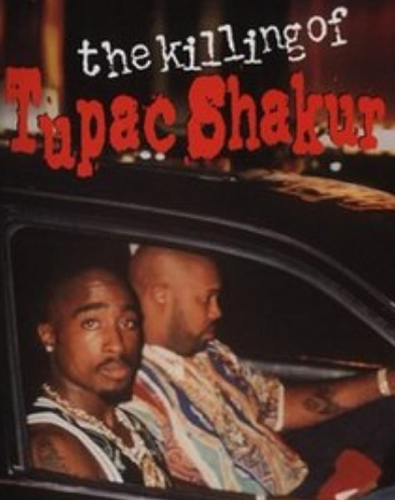Biography
Early life
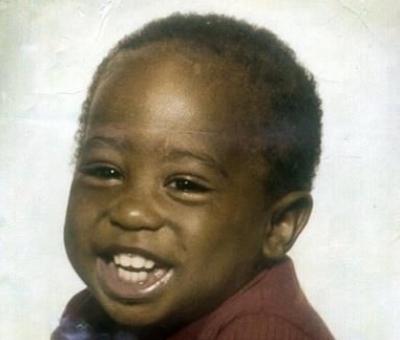
The story of Tupac Amaru Shakur, one of the most influential and enduring figures in the world of music and culture, begins with a childhood marked by both adversity and promise.
Birth and Family: Tupac was born on June 16, 1971, in East Harlem, New York City. His mother, Afeni Shakur, was an activist and a member of the Black Panther Party, which strongly influenced Tupac’s early beliefs and values. His father, Billy Garland, was largely absent from his life during his formative years.
Early Struggles: Growing up in poverty, Tupac faced the challenges of an unstable home environment. His family moved frequently, and he often changed schools. Despite these hardships, he showed early promise and creativity. Tupac’s love for the arts, particularly acting and poetry, began to emerge during his childhood.
Baltimore Years: In 1986, Tupac’s family relocated to Baltimore, Maryland. It was during this time that he attended the Baltimore School for the Arts, where he honed his acting and rapping skills. His time at this school had a profound impact on his artistic development and his outlook on life.
Early Activism: Tupac’s mother, Afeni, played a pivotal role in shaping his consciousness. She instilled in him a sense of pride in his African heritage and a commitment to social justice. These early lessons would later become central themes in his music and activism.
Artistic Beginnings: Tupac’s journey into the world of hip-hop began as he joined a local rap group called “Strictly Dope.” It was clear from the start that he possessed a remarkable talent for lyrical expression. His early experiences in the music industry set the stage for his future as a groundbreaking artist.
The Road Ahead: Tupac’s early life was marked by tumultuous events, but it also laid the foundation for his remarkable career. As he ventured into the world of music, film, and activism, he would draw upon these early experiences to become a voice for the marginalized and an artist whose impact endures to this day.
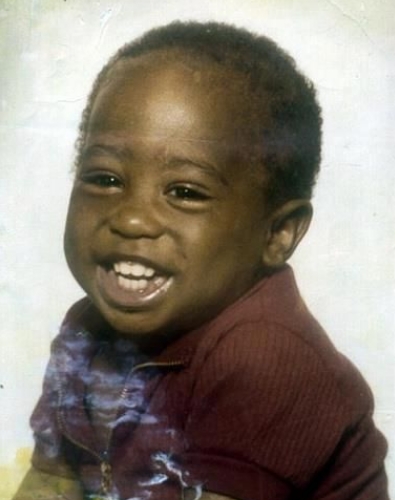
Personal life
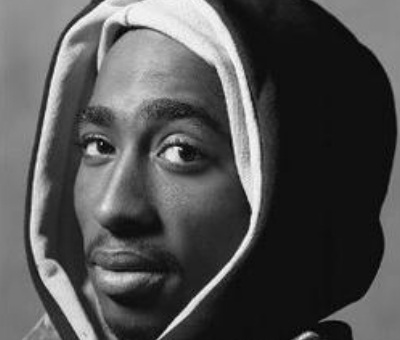
While Tupac Shakur is widely known for his groundbreaking contributions to music, film, and activism, his personal life was equally complex and multifaceted. Beyond the spotlight, he was a man of deep emotions, enduring friendships, and thought-provoking beliefs.
Family Bonds: Tupac’s family played a significant role in his life. His mother, Afeni Shakur, was a guiding force, instilling in him a sense of pride in his African heritage and a passion for justice. Their close relationship influenced many of his songs and his commitment to social causes.
Friendships and Alliances: Throughout his life, Tupac formed powerful bonds with friends and collaborators who would go on to become iconic figures themselves. Jada Pinkett, for example, remained one of his closest friends, and they shared a deep connection that transcended friendship. His friendship with fellow rapper and actor Treach was also enduring, rooted in their shared experiences on the road.
Relationships and Romances: Tupac’s romantic life was a subject of fascination for fans and the media. He was linked to several high-profile figures, including Madonna and Kidada Jones. His relationship with Kidada was particularly significant, and they were engaged at the time of his tragic passing.
Legal Challenges: Tupac faced numerous legal challenges throughout his life, including allegations of assault and sexual abuse. These legal battles, which garnered significant media attention, often intersected with his music career and activism.
Prison and Reflection: During his life, Tupac served time in prison, where he experienced a period of reflection and personal growth. He used this time to delve into literature, including the works of philosophers like Machiavelli and Sun Tzu, which influenced his thinking and artistry.
Activism and Social Consciousness: Tupac’s personal life was closely intertwined with his activism. He used his platform to address pressing social issues, such as racial inequality, poverty, and police brutality. His lyrics and public statements reflected a deep commitment to creating positive change.
Legacy and Impact: Even after his untimely death, Tupac’s personal life continues to inspire and resonate with fans around the world. His words, beliefs, and enduring friendships serve as a testament to the multifaceted nature of the man behind the music.
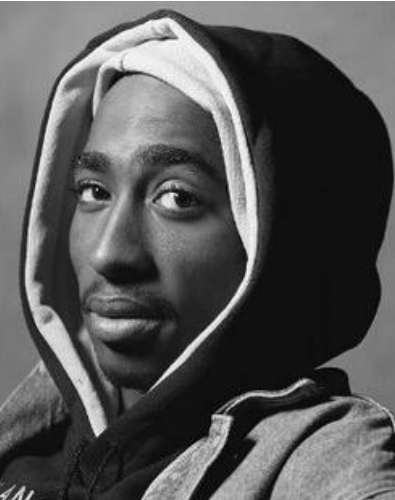
Music career
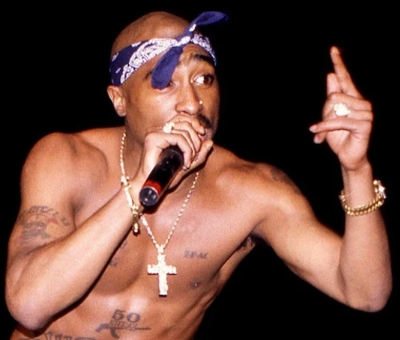
Tupac Shakur’s music career is a testament to his artistic brilliance and cultural impact. From his early forays into hip-hop to becoming one of the genre’s most influential figures, his journey was nothing short of extraordinary.
Early Beginnings: Tupac’s entry into the music scene began with the rap group “Strictly Dope” in the late 1980s. His lyrical prowess quickly caught the attention of industry insiders, setting the stage for what would become an iconic career.
Breakthrough Albums: In 1991, Tupac made his debut as “2Pac” on Digital Underground’s “Same Song.” This marked the beginning of his solo journey. His debut album, “2Pacalypse Now” (1991), garnered attention for its raw lyricism and social commentary.
Prolific Output: Tupac’s career soared as he released a series of critically acclaimed albums. “Me Against the World” (1995) and “All Eyez on Me” (1996) showcased his poetic genius and storytelling ability. These albums solidified his status as a rap legend.
Versatility: Beyond rap, Tupac explored various musical genres. He delved into acting and contributed tracks to film soundtracks, showcasing his versatility as an artist.
Social Consciousness: Tupac’s music often tackled pressing social issues, including racial inequality, poverty, and urban life’s struggles. His songs were a powerful medium for addressing these topics and sparking dialogue.
Legacy: Even after his tragic death in 1996, Tupac’s music continues to resonate with listeners worldwide. His impact on the genre and his ability to connect with audiences on a personal level ensure his legacy endures.
Tupac Shakur’s music career transcended the boundaries of hip-hop. His artistry and lyrical brilliance left an indelible mark on the music world, and his songs remain timeless anthems of truth, resilience, and social change.
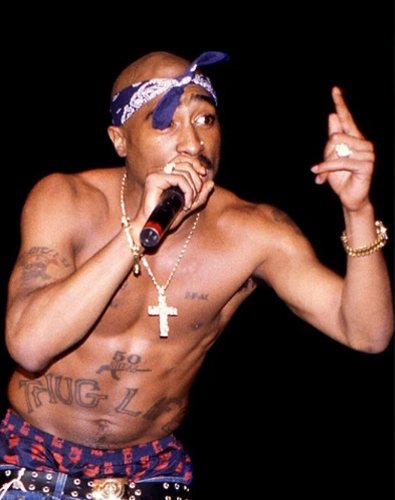
Film career
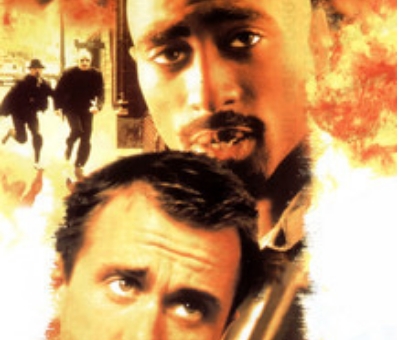
Tupac Shakur, known for his music genius, also ventured into acting, leaving a lasting impact on the film industry.
Early Success: Tupac’s acting journey began in the early ‘90s with roles in “Juice” (1992) and “Poetic Justice” (1993), where he portrayed complex characters with depth.
Versatile Performer: He showcased his versatility in films like “Bullet” (1996), “Gridlock’d” (1997), and “Gang Related” (1997), taking on diverse roles that displayed his talent.
Unfinished Legacy: Tupac’s promising acting career was tragically cut short by his untimely death in 1996, but his performances continue to resonate with audiences today.
Enduring Impact: His work in film serves as a testament to his range as an artist and his ability to captivate audiences with his charisma and authenticity.
Tupac Shakur’s film career, though brief, left an indelible mark on the industry, showcasing his talent as a performer beyond his iconic music.
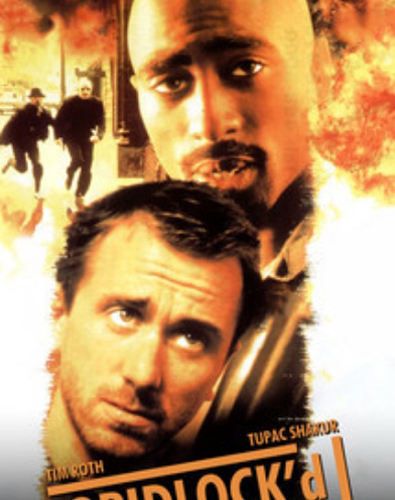
Legacy and influence
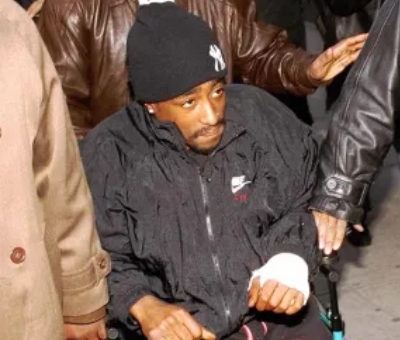
Tupac Shakur’s legacy is a testament to his enduring impact on music, culture, and social activism. More than two decades after his tragic passing, his influence continues to resonate with artists and fans worldwide.
Musical Pioneering: Tupac’s music transcended the boundaries of hip-hop. His lyrical prowess, storytelling ability, and charismatic delivery set a new standard for the genre. He was a pioneer in blending conscious, socially relevant themes with infectious beats.
Message of Empowerment: Tupac’s songs were anthems of empowerment for marginalized communities. Tracks like “Changes” and “Dear Mama” offered a voice to those facing adversity, addressing issues like poverty, racism, and urban struggle.
Versatility and Impact: His versatility extended beyond music. Tupac ventured into acting, leaving an indelible mark in films like “Juice” and “Poetic Justice.” His ability to connect with audiences on a personal level transcended mediums.
Social Activism: Tupac’s outspoken activism addressed pressing social issues. He was unafraid to challenge the status quo, advocating for justice and equality. His commitment to change was an integral part of his identity.
Enduring Relevance: Tupac’s music and message remain timeless. His influence can be seen in the work of countless artists who continue to draw inspiration from his storytelling and dedication to making a difference.
Cultural Icon: Tupac Shakur’s impact extends beyond music; he is a cultural icon. His image, words, and beliefs have become symbols of resistance, resilience, and hope.
Resonance in Modern Music: Today’s hip-hop artists often cite Tupac as a major influence. His legacy lives on through their work, ensuring that his message continues to evolve and adapt to new generations.
Inspiration for Change: Tupac Shakur’s legacy inspires individuals to use their voices for positive change. His life serves as a reminder that one person can make a profound difference in the world.
In celebrating Tupac’s legacy, we honor not only his contributions to music but also his unwavering commitment to justice, equality, and the betterment of society. His influence endures as a beacon of hope and a catalyst for change.
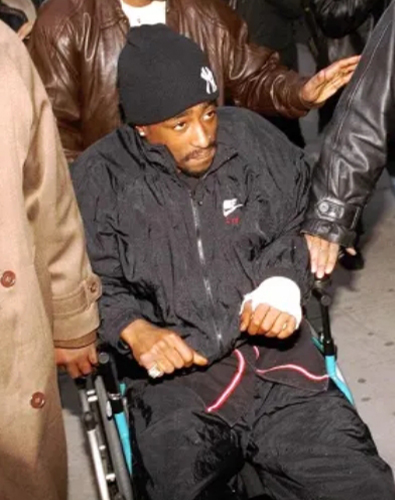
Tragic Loss
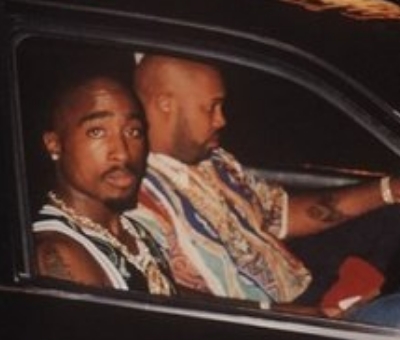
Tupac Shakur's life was marked by extraordinary talent, controversy, and a tragically premature end. On the evening of September 7, 1996, the world lost one of its most influential and iconic figures. Here's an overview of the events surrounding Tupac's untimely death:
The Night of September 7, 1996: Tupac was in Las Vegas, Nevada, to celebrate his business partner Tracy Danielle Robinson's birthday. He attended the highly anticipated boxing match between Bruce Seldon and Mike Tyson at the MGM Grand alongside Marion "Suge" Knight, the CEO of Death Row Records.
The Altercation: After the boxing match, a chance encounter in the MGM Grand lobby changed the course of the evening. One of Suge Knight's associates spotted Orlando "Baby Lane" Anderson, a member of the Southside Compton Crips, who was allegedly involved in a previous attempt to rob them. Surveillance footage shows an altercation between Tupac's group and Anderson.
The Fatal Shooting: Following the altercation, Tupac and Suge Knight left the hotel and headed to their Death Row nightclub, Club 662, in a black BMW 750iL sedan. At approximately 11:15 pm, while stopped at a red light on Las Vegas Boulevard, a white Cadillac sedan pulled up to the passenger side and an occupant opened fire. Tupac was struck multiple times, sustaining gunshot wounds to his arm, thigh, and chest. Shards from the bullets hit Suge Knight. Tupac's bodyguard, Frank Alexander, was not in the car at the time.
Rushed to the Hospital: Tupac was rushed to the University Medical Center of Southern Nevada, where he underwent surgery and was placed on life support. Despite the efforts of medical staff, Tupac succumbed to his injuries.
The Official Cause of Death: On September 13, 1996, Tupac Shakur was pronounced dead at 4:03 pm. The official causes of death cited were respiratory failure and cardiopulmonary arrest resulting from multiple gunshot wounds. Tupac's body was cremated the following day.
The Investigation and Speculation: In the years following Tupac's death, there have been numerous investigations, theories, and speculations surrounding the circumstances. Various individuals have been implicated, but no one has been definitively held responsible for the murder.
Legacy and Influence: Despite his tragic and untimely death at the age of 25, Tupac Shakur's legacy endures. His music, poetry, and messages of social justice continue to inspire and resonate with fans around the world. Tupac's impact on the music industry and his role as a cultural icon are firmly cemented in history.
The death of Tupac Shakur remains a poignant reminder of the loss of an artist who had the potential to continue shaping the world through his art and activism. His memory lives on through his music and the profound impact he made during his short but impactful life.
